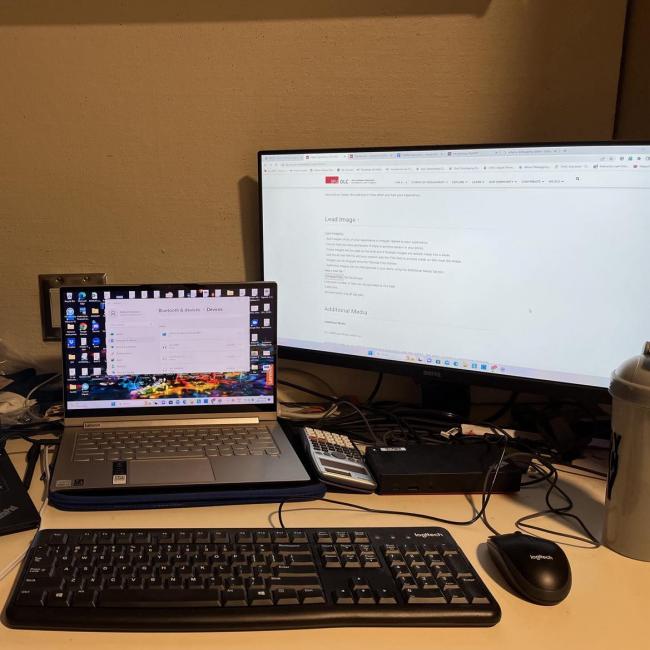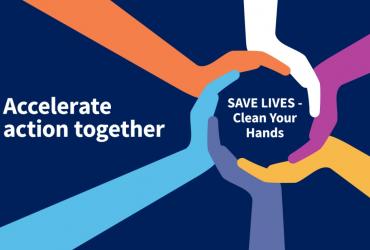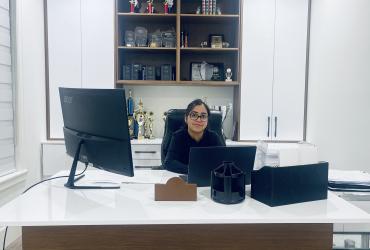Orientation and First Weeks
This week encompassed several activities, including the setup of my laptop, engaging in instructional video sessions, participating in Zoom training sessions covering various project types the company handles, and familiarizing myself with different software tools. Moreover, it provided insights into the nature of the tasks I'll encounter in my role. The week concluded with my involvement in a small project.
Day to Day
Each day presented a unique and somewhat challenging routine, making it difficult to summarize succinctly. Nevertheless, if I were to broadly categorize my daily tasks, it would involve the following steps:
- Firstly, I would begin by meticulously listing out all my daily goals and tasks, prioritizing them based on their level of urgency and importance. This step served as my compass for the day, guiding my efforts.
- Next, I would meticulously review and navigate through my work with deliberate care, aiming to minimize errors and ensure precision in my tasks. This thorough approach was a key element of my daily workflow.
- As questions or uncertainties inevitably arose during my work, I would not hesitate to seek clarification from colleagues or supervisors. This step played a crucial role in preventing misunderstandings and ensuring that I was on the right track.
- Upon receiving answers or guidance for my queries, I would diligently work on addressing them, incorporating the feedback or insights provided. This allowed me to continuously improve and refine my work.
- Finally, each day often featured meetings, whether to discuss outstanding questions or to present completed work to stakeholders. These meetings played a pivotal role in fostering communication and collaboration within the team.
- In essence, my daily routine was a dynamic and adaptable process, driven by a commitment to clarity, precision, and effective communication in the pursuit of our collective goals.
Learning and Adaptation
The learning and adaptation process during this experience has been quite significant:
First and foremost, mastering the art of efficient note-taking has proven to be a critical skill. This skill becomes particularly invaluable when tasks are delegated or instructions are provided. The ability to capture essential details during these interactions minimizes the need for follow-up questions, facilitating a smoother workflow and reducing task completion time.
The second aspect of learning involves a shift in mindset towards prompt and effective questioning. Embracing the practice of asking questions promptly and clearly is essential for ensuring that any uncertainties or doubts are promptly addressed. This proactive approach enhances communication and problem-solving within the team.
Another aspect of adaptation centers around retaining acquired knowledge for future use, especially on projects with similar characteristics. This knowledge retention is invaluable as it streamlines subsequent projects and enhances one's efficiency in tackling similar tasks.
In addition to these soft skills, there is a practical focus on learning tools such as Excel. This software is a versatile and powerful tool commonly used in various aspects of the job. Training in Excel is provided through Zoom sessions and on-the-job learning, ensuring proficiency in this essential tool.
Furthermore, the learning process extends to more specialized topics, including pension calculations, actuarial valuations, projection valuations, and asset reconciliations. These subjects are integral to the role and are comprehensively taught, enabling a well-rounded understanding of the field.
In summary, the learning and adaptation journey in this role encompass both soft skills and technical knowledge, all contributing to a well-rounded skill set for success in the field.
Accomplishments and Challenges
In terms of accomplishments, I've successfully acquired a solid understanding of the work and demonstrated the capability to efficiently complete the majority of tasks assigned to me.
Conversely, challenges have emerged in the form of the need to minimize errors, enhance time management, and foster clearer communication within the workflow.
Social and Extracurricular Activities
Three memorable social events stand out to me:
The kayaking excursion at Kitsilano Beach, was followed by a delightful meal and drinks at a nearby bar. This experience was particularly special because it was my first time visiting Kitsilano Beach, and I thoroughly enjoyed the delicious food. However, what made it truly exceptional was the fantastic company of the people who joined me on this adventure.
The Vancouver Actuaries Golf Tournament was another noteworthy event where I had the opportunity to learn the sport of golf. It left such a positive impression that I decided to pursue golf as a new hobby in the near future. Following the tournament, we gathered for a memorable dinner, and everyone received thoughtful gifts, making it a truly enjoyable occasion.
Lastly, my end-of-co-op dinner stands out as a wonderful memory. The evening featured delicious pizza, a fun game of pool, and an abundance of laughter and enjoyment. It was a fantastic way to celebrate the conclusion of my co-op experience and create lasting memories with colleagues and friends.
Wrap Up
I strongly believe that every aspiring actuarial student should consider undertaking a consulting co-op experience, and Willis Towers Watson (WTW) would be an exceptional choice for such an opportunity. Whether the focus is on pensions or health and benefits, the lessons and knowledge gained are invaluable. Personally, I am immensely grateful and thrilled to have had the chance to complete a co-op semester at this remarkable company.












